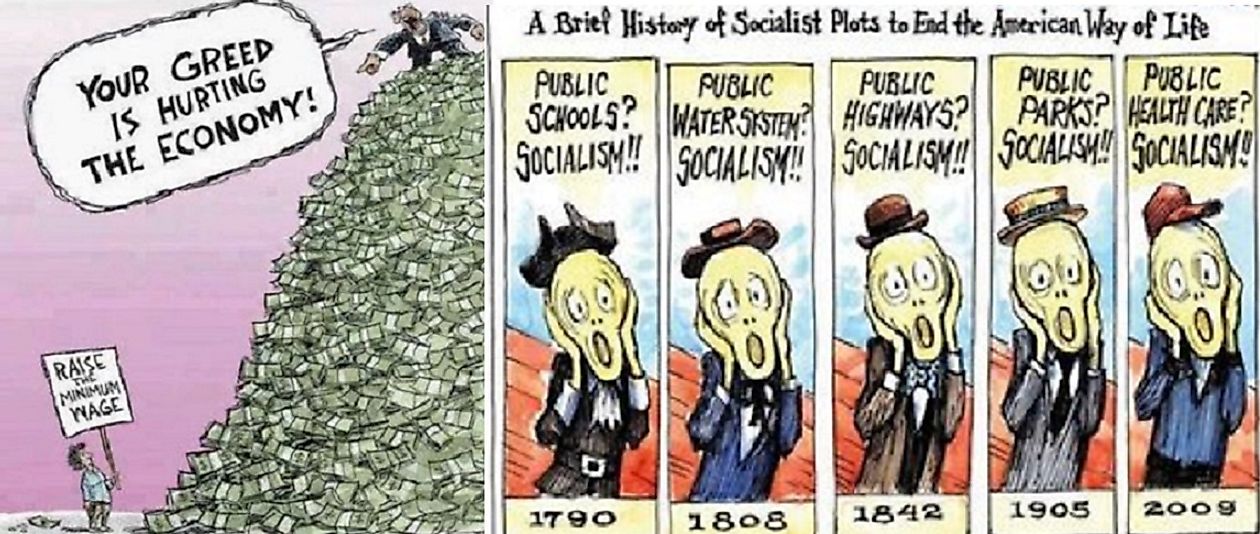What Is Economic Sociology?

Economic sociology is the application of sociological concepts, methods, techniques, and ideologies to analyze the trade, distribution, and consumption of services and goods in an economy. It details the relationship between the economic activities, the society and the changes in the firms involved in the production. Economic sociology is based on traditional economic ideologies and focuses on economic societies which it considers as independent of and partially constitute the individuals. It traces its roots to Max Weber and the classical economists. Social economists focus on individuals to determine how their beliefs, personal interest, and motive to act, affect the economy. The social actions towards others allow the social economists to consider culture, power, and social institutions as crucial factors that affect the economy.
History of Economic Sociology
Economic sociology as we would recognize it today was first studied by Max Weber and other classical economists, including Werner Sombart and Joseph Schumpeter. It initially developed in Germany, a country which has had a strong history of economic research. Before the development of social economists, economists used historical and methodological approaches to developing economic theories. Sombart and Weber developed economic sociology to bridge the ideological clash between economic history and economic theory. According to Weber, economic sociology was founded by analytical economics that was historically grounded. However, Sombart viewed economic theory as irrelevant and wanted it replaced by economic sociology. Weber’s ideology was to create a healthy science of economy he referred to as “Sozialoekonomie” that was broad and considered both economic theory and history. According to the classical economists, capitalism was rationalized and that the economic system was digging its own grave, Sombart particularly studied the stages of capitalism and concluded that it would lead to a large and negative economic impact. The economists viewed socialism economic system than capitalism. The idea of economic sociology was later adopted by French economists who argued that economic theory failed to account for the fact that individuals contribute to the economy and that the general economy exists in a society. The ideas of sociological economy and capitalism were overshadowed by the great depression of 1929 that destabilized economic systems.
Contemporary Economic Sociology
In the mid-1980s, economic sociology reemerged when Mark Granovetter emphasized the importance of social factors in the development of any given economy. He argued that economic actions take place within a society and that the interrelation between individuals, societies, and economic institutions was crucial to the success of the economy. Modern economists and sociologist began examining the effects of culture strains on economies and concluded that that culture was an important aspect of the economy. The economists researched why children were considered of economic value to the economy, yet they had no fiscal contribution toward the economy. Other researched emphasized their research on how political systems influenced the development of the transport system in the US and Europe.
Relevance in Today's Global Marketplace
Economic sociology has contributed to the study of how global interactions have promoted global economic integration. It has developed a notion that globalization will force economic institutions to consider the various aspect of life and criticized the notion that there is a single most solution to global economic problems. The interaction has promoted free trade across the border which have also led to the cross-border of organizations such as human rights, property rights and the rules of exchange. The role of these regulatory bodies is minimal, but they are crucial in ensuring in establishing market stability. Economic sociology has led to economic researchers and sociologists to research on how states and economies depend on each other.











